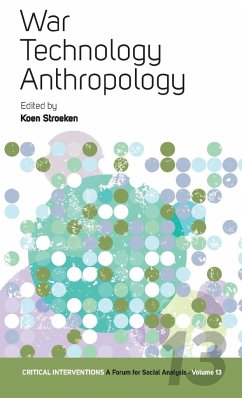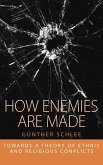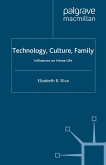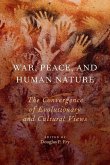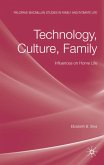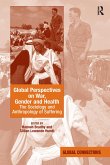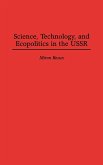Technologies of the allied warfare in Iraq and Afghanistan, such as remote-controlled drones and night vision goggles, allow the user to "virtualize" human targets. This coincides with increased civilian casualties and a perpetuation of the very insecurity these technologies are meant to combat. This concise volume of research and reflections from different regions across Asia, the Middle East, Latin America, and Africa, observes how anthropology operates as a technology of war. It tackles recent theories of humans in society colluding with imperialist claims, including anthropologists who have become involved professionally in warfare through their knowledge of "cultures," renamed as "human terrain systems." The chapters link varied yet crucial domains of inquiry: from battlefields technologies, military-driven scientific policy, and economic warfare, to martyrdom cosmology shifts, media coverage of "distant" wars, and the virtualizing techniques and "war porn" soundtracks of the gaming industry.
Hinweis: Dieser Artikel kann nur an eine deutsche Lieferadresse ausgeliefert werden.
Hinweis: Dieser Artikel kann nur an eine deutsche Lieferadresse ausgeliefert werden.

